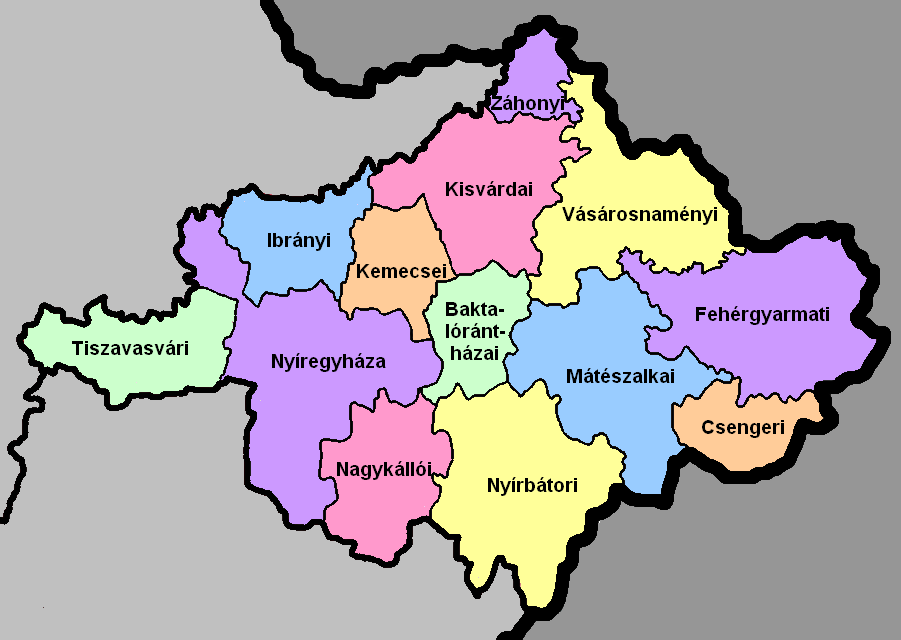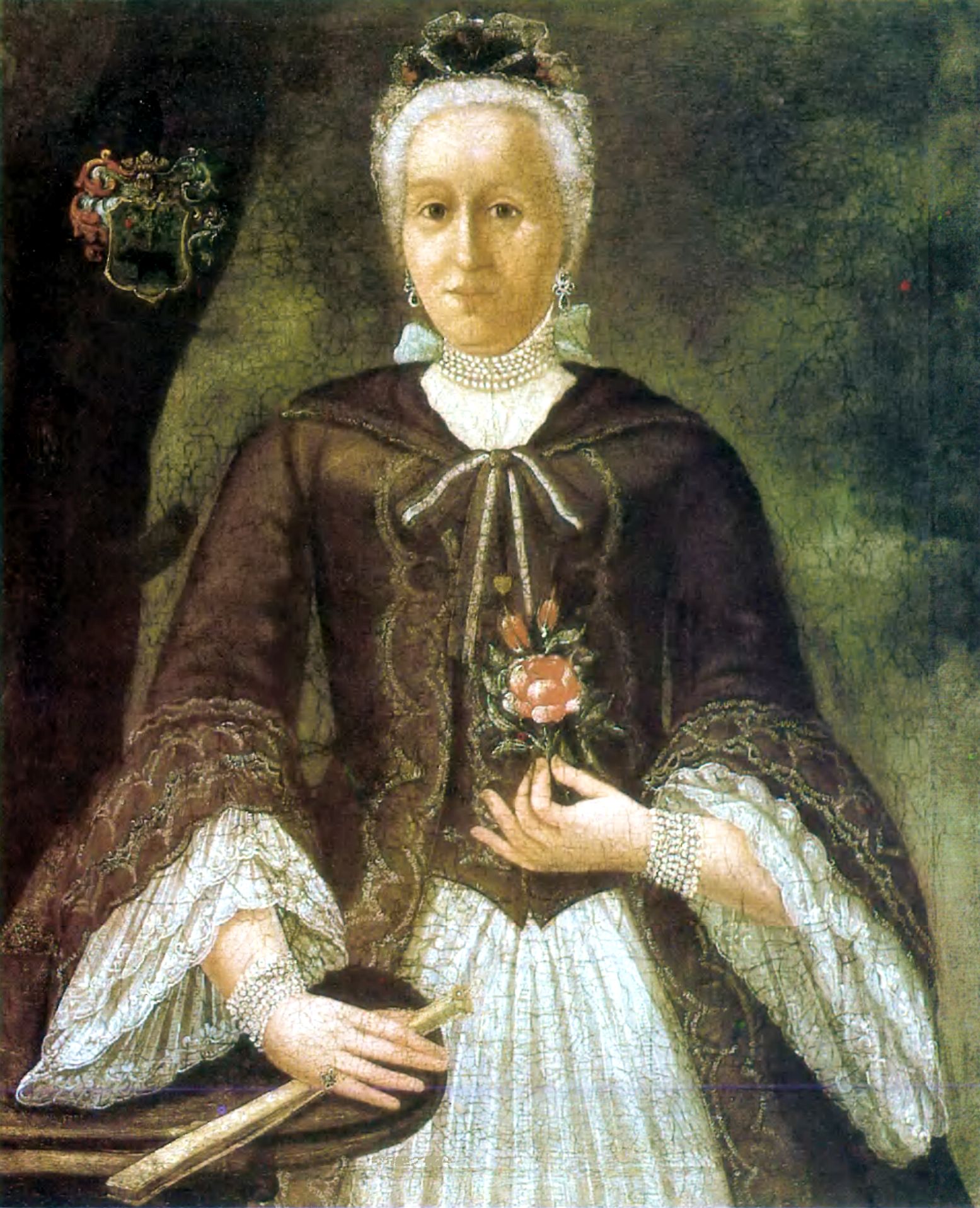|
Beregsurány
Beregsurány is a village in Szabolcs-Szatmár-Bereg county, in the Northern Great Plain region of eastern Hungary. Geography It covers an area of and has a population of 636 people (2001). Position Beregsurany can be reached through the road 4127, lying on the northern side of the international Hungarian–Ukrainian border crossing point, about 70 km from Nyíregyháza, the center of the county. Origin of the name The prefix Bereg means 'belonging to the long-ago Bereg shire', the origin of the Surany forename is maybe the Slavish 'Su ran' family name, or the ancient Turkish magistracy 'cur'. History Until 1911, the village was called simple Surany. The current settlement is melted from the smaller villages Nagysurany and Kissurany. The settlement was the residency of the family Suranyi originated from the genum of Gutkeled or family Vardai. From 1280, there was a tough hostility between Aladar (son of Mihaly) and Tamas (son of Gabor). In 1299 the family ''Vardai' ... [...More Info...] [...Related Items...] OR: [Wikipedia] [Google] [Baidu] |
Szabolcs-Szatmár-Bereg County
Szabolcs-Szatmár-Bereg ( hu, Szabolcs-Szatmár-Bereg megye, ) is an administrative county (Hungarian: ''megye'') in north-eastern Hungary, bordering Slovakia (Košice Region), Ukraine (Zakarpattia Oblast), and Romania ( Bihor and Satu Mare counties). It shares borders with the Hungarian counties Hajdú-Bihar and Borsod-Abaúj-Zemplén. The capital of Szabolcs-Szatmár-Bereg county is Nyíregyháza. Szabolcs-Szatmár-Bereg County was organised after World War II from the previous counties Szatmár-Ugocsa-Bereg and Szabolcs. Before 1991, it was called Szabolcs-Szatmár County. Geography Szabolcs-Szatmár-Bereg is located in the north-eastern tip of Hungary. It borders Ukraine (Zakarpattia Oblast), Slovakia (Košice Region), and Romania ( Bihor and Satu Mare counties), and has good connections both by road and rail. Within Hungary, the county is bordered by Borsod-Abaúj-Zemplén County and the Tisza River to the north-west and Hajdú-Bihar County to the south-west. The ear ... [...More Info...] [...Related Items...] OR: [Wikipedia] [Google] [Baidu] |
Barlabássy Family
The Barlabássy or Barabássy family was a Nobility in the Kingdom of Hungary, noble family in the Kingdom of Hungary, which possessed landholdings mostly in Transylvania. Name They adopted their surname after their place of origin, Barabás in the region Tiszahát of Bereg County. Contemporary records and documents preserved the name of family in various formats: Barlabasi (1381), Barrabasi (1384), Barlabasy (1386), Barabassy, Barabasy, Barabassy, Barrabasy (15th century). They were also referred to as "Barlabaschy" in Transylvanian Saxon dialect (1487) and "Barlabassel" in the register of the University of Vienna (1505), in addition to a Latin Renaissance humanism, Humanist variant "Barlabassius" (1519). The first Hungarian-language charter which preserved their name was issued in 1517 by Michael II, who called himself "Barabási", in accordance with its pronunciation (but the document itself was preserved only through an 18th-century transcription). By the time of the Principali ... [...More Info...] [...Related Items...] OR: [Wikipedia] [Google] [Baidu] |
Countries Of The World
The following is a list providing an overview of sovereign states around the world with information on their status and recognition of their sovereignty. The 206 listed states can be divided into three categories based on membership within the United Nations System: 193 member states of the United Nations, UN member states, 2 United Nations General Assembly observers#Present non-member observers, UN General Assembly non-member observer states, and 11 other states. The ''sovereignty dispute'' column indicates states having undisputed sovereignty (188 states, of which there are 187 UN member states and 1 UN General Assembly non-member observer state), states having disputed sovereignty (16 states, of which there are 6 UN member states, 1 UN General Assembly non-member observer state, and 9 de facto states), and states having a political status of the Cook Islands and Niue, special political status (2 states, both in associated state, free association with New Zealand). Compi ... [...More Info...] [...Related Items...] OR: [Wikipedia] [Google] [Baidu] |
Munkacs
Mukachevo ( uk, Мукачево, ; hu, Munkács; see name section) is a city in the valley of the Latorica river in Zakarpattia Oblast (province), in Western Ukraine. Serving as the administrative center of Mukachevo Raion (district), the city itself does not belong to the raion and is designated as a city of oblast significance, with the status equal to that of a separate raion. The city is a rail terminus and highway junction, and has beer, wine, tobacco, food, textile, timber, and furniture industries. During the Cold War, it was home to Mukachevo air base and a radar station. Mukachevo lies close to the borders of four neighbouring countries: Poland, Slovakia, Hungary, and Romania. Today, the population is . The city is a traditional stronghold of the Rusyn language, and the population of Mukachevo is officially reported as 77.1% ethnic Ukrainian. [...More Info...] [...Related Items...] OR: [Wikipedia] [Google] [Baidu] |
Family Uray
Family (from la, familia) is a group of people related either by consanguinity (by recognized birth) or affinity (by marriage or other relationship). The purpose of the family is to maintain the well-being of its members and of society. Ideally, families offer predictability, structure, and safety as members mature and learn to participate in the community. Historically, most human societies use family as the primary locus of attachment, nurturance, and socialization. Anthropologists classify most family organizations as matrifocal (a mother and her children), patrifocal (a father and his children), conjugal (a wife, her husband, and children, also called the nuclear family), avuncular (a man, his sister, and her children), or extended (in addition to parents and children, may include grandparents, aunts, uncles, or cousins). The field of genealogy aims to trace family lineages through history. The family is also an important economic unit studied in family economics. The word ... [...More Info...] [...Related Items...] OR: [Wikipedia] [Google] [Baidu] |
Family Bay
Family (from la, familia) is a group of people related either by consanguinity (by recognized birth) or affinity (by marriage or other relationship). The purpose of the family is to maintain the well-being of its members and of society. Ideally, families offer predictability, structure, and safety as members mature and learn to participate in the community. Historically, most human societies use family as the primary locus of attachment, nurturance, and socialization. Anthropologists classify most family organizations as matrifocal (a mother and her children), patrifocal (a father and his children), conjugal (a wife, her husband, and children, also called the nuclear family), avuncular (a man, his sister, and her children), or extended (in addition to parents and children, may include grandparents, aunts, uncles, or cousins). The field of genealogy aims to trace family lineages through history. The family is also an important economic unit studied in family economics. The word ... [...More Info...] [...Related Items...] OR: [Wikipedia] [Google] [Baidu] |
Kazinczy Ferenc
Ferenc Kazinczy (in older English: Francis Kazinczy, October 27, 1759 – August 23, 1831) was a Hungarian author, poet, translator, neologist, an agent in the regeneration of the Hungarian language and literature at the turn of the 19th century. Today his name is connected with the extensive Language Reform of the 19th century, when thousands of words were coined or revived, enabling the Hungarian language to keep up with scientific progress and become an official language of the nation in 1844. For his linguistic and literary works he is regarded as one of the cultural founders of the Hungarian Reform Era along with Dávid Baróti Szabó, Ferenc Verseghy, György Bessenyei, Mátyás Rát and János Kis. Life Early years Ferenc Kazinczy was born in Érsemjén, Bihar, Kingdom of Hungary (today Șimian, Romania). His father, József Kazinczy de Kazincz (1732-1784) came from an old noble family and worked as a magistrate at Abaúj County. His mother was Zsuzsanna Bossányi de Na ... [...More Info...] [...Related Items...] OR: [Wikipedia] [Google] [Baidu] |
Kisfaludy Károly
Kisfaludy is a Hungarian surname. Notable people with the surname include: * Anett Kisfaludy (born 1990), Hungarian handballer *Atala Kisfaludy (1836–1911), Hungarian poet and writer *Károly Kisfaludy (1788–1830), Hungarian dramatist and artist, brother of Sándor Kisfaludy **Kisfaludy Society, a literary society in Pest, founded in 1836 and named after Károly Kisfaludy *Lajos Kisfaludy (1924–1988), Hungarian chemical engineer *Sándor Kisfaludy Sándor Kisfaludy (27 September 1772 – 28 October 1844) was a Hungarian lyric poet, ''Himfy's Loves'' his chief work, was less distinguished as a dramatist. He is considered to be the first romantic poet from Hungary. He was the brother of K ... (1772–1844), Hungarian lyric poet {{surname, Kisfaludy Hungarian-language surnames ... [...More Info...] [...Related Items...] OR: [Wikipedia] [Google] [Baidu] |
Auschwitz
Auschwitz concentration camp ( (); also or ) was a complex of over 40 concentration and extermination camps operated by Nazi Germany in occupied Poland (in a portion annexed into Germany in 1939) during World War II and the Holocaust. It consisted of Auschwitz I, the main camp (''Stammlager'') in Oświęcim; Auschwitz II-Birkenau, a concentration and extermination camp with gas chambers; Auschwitz III-Monowitz, a labor camp for the chemical conglomerate IG Farben; and dozens of subcamps. The camps became a major site of the Nazis' final solution to the Jewish question. After Germany sparked World War II by invading Poland in September 1939, the ''Schutzstaffel'' (SS) converted Auschwitz I, an army barracks, into a prisoner-of-war camp. The initial transport of political detainees to Auschwitz consisted almost solely of Poles for whom the camp was initially established. The bulk of inmates were Polish for the first two years. In May 1940, German criminals brought to t ... [...More Info...] [...Related Items...] OR: [Wikipedia] [Google] [Baidu] |
Berehove
Berehove ( uk, Берегове; hu, Beregszász) is a city located in Zakarpattia Oblast (province) in western Ukraine, near the border with Hungary. It is the cultural centre of the Hungarian minority in Ukraine. Serving as the administrative center of Berehove Raion (district), the city itself is also designated as a city of oblast significance, with a status equal to a separate raion, with a population of . Name The city has many different variations of spelling its name: ro, Bereg, rue, Берегово (translit. ''Berehovo''), russian: Берегово ( translit. ''Beregovo''), be, Берагава ( Łacinka ''Bierahava''), Czech and Slovak: Berehovo, yi, בערעגסאז, , german: Bergsaß, pl, Bereg Saski. Residents of Berehovo voted on October 31, 2010, in a referendum on renaming the town to Beregszász, its Hungarian-language name. Voter turnout was less than 52%, with 4,688 voting for renaming, 4,358 against, and 1,016 invalid ballots. Administrative di ... [...More Info...] [...Related Items...] OR: [Wikipedia] [Google] [Baidu] |




_und_ihre_Kinder.jpg)

